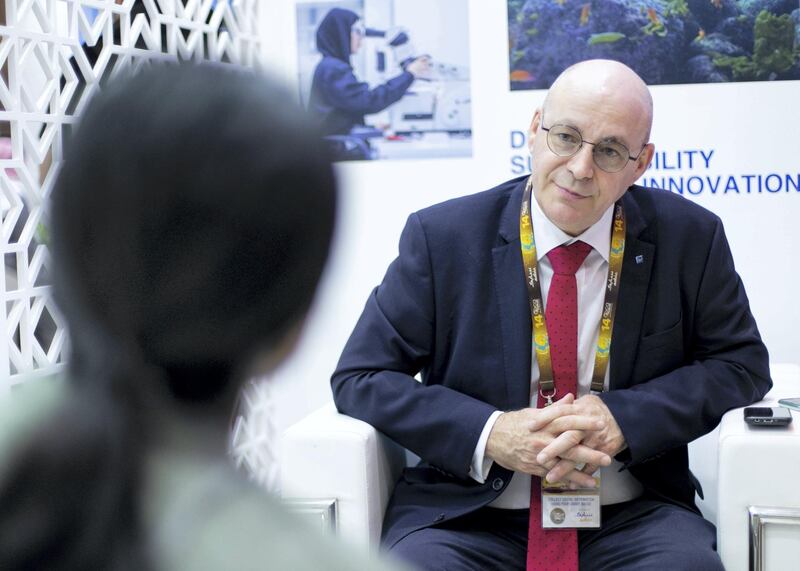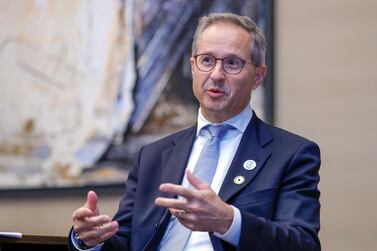Abu Dhabi-based chemicals company Borouge is looking to expand into East Africa and South East Asia to meet growing demand for polymers, according to a company executive.
Speaking on the sidelines of the Gulf Petrochemicals and Chemicals Association Forum in Dubai on Wednesday, the chief executive of Borouge's Singapore-based sales and marketing arm, Wim Roels, said the company is looking both eastward to Asia and to Africa in terms of building market presence.
"[On] the geographic dimension — China, India and developing countries in South East Asia that are beginning to open up such as Myanmar, Laos, Cambodia," Mr Roels said.
"They're relatively small but they're picking up. We put all our focus in expanding in the Middle East and Africa, mainly in East Africa — Kenya, Tanzania, Ethiopia, [as well as] Egypt," he added.
Borouge, a joint venture between Abu Dhabi National Oil Company and Austria's Borealis, is undergoing a large-scale expansion of its chemicals production as part of the state oil company's plans to invest $45 billion (Dh165.3bn) with partners in the downstream sector. Adnoc plans to boost its refining capacity by more than 65 per cent to 1.5 million barrels per day by 2025 and treble petchems production to 14.4 million tonnes annually during the same period.
China, an important market for Borouge, is also earmarked for further expansion, with the company "moving inland" as it looks to diversify away from industry clusters along the country's coastline. Borouge operates a 90,000-tonne compounding facility in Shanghai to service the automotive sector and is currently weighing up whether it should add more capacity, given the overall slowdown in the Chinese economy.
"The Chinese automotive industry is going through a difficult phase. For the first time in 20 years, it's seen a drop in car sales, so we're looking at when is the right time to continue our growth journey and with time the investment will pick up," said Mr Roels.
The US-China trade war has had an impact on polyolefin players globally as demand weakens due to slowing economic growth momentum in China and India — the biggest demand centres for polymers. An influx of North American "shale gas-based" polymers has also added to the industry's woes, putting pressure on pricing.
The company will adopt a "long term" view on investment, he added, saying that he was optimistic of a recovery in economic growth.
Borouge is also looking to service the booming electric car vehicle market in China, as demand increases for more fuel-efficient battery-operated cars.
"It is the largest EV market in the world and it is an area that we're very committed to. EV is relatively small compared to total demand but it is the fastest-growing and they tend to have more polypropylene, more plastics in the car than traditional vehicles," said Mr Roels.








